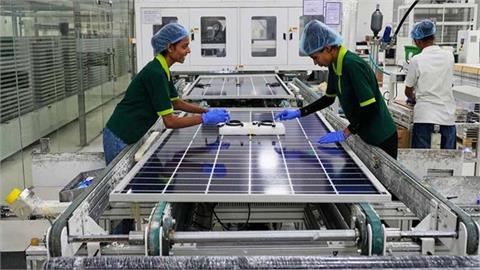Jack Lew, US Treasury secretary, has said the current turmoil in Turkey makes it more important than ever to solve neighbouring Greece’s fiscal troubles so it can serve as an anchor of regional stability.
In an interview with the Financial Times, Mr Lew used the failed coup in Turkey to bolster a longstanding US argument that Greece’s creditors should let it restructure its debt as part of a broader plan to put its dire economy on a solid footing.
"I would hope [the recent regional upheaval] would change the climate in which discussions of debt relief happen, just because it’s the right thing to do on its own, and at a time when Greece is in a position [of] geopolitical significance that’s a good time to reinforce their fiscal future,” Mr Lew said.
The Treasury secretary also appealed to European leaders to stay "amicable” in negotiations over Britain’s exit from the EU, while lamenting that they had missed a chance to fix Italy’s teetering banks earlier.
Mr Lew noted that even before Turkey’s attempted coup, Greece’s pivotal role as a transit point for refugees surging into Europe from Syria, Iraq and elsewhere had led to a renewed focus on the country’s geopolitical significance.
"You have to fix the foundation to have a strong Greece,” he said, calling on Greek leaders to become more proactive in implementing reform alongside any debt restructuring programme.
Mr Lew was speaking ahead of a visit to Greece during which he will meet prime minister Alexis Tsipras and urge his government to press ahead with economic reforms to haul the country out of a long recession.
Greece’s day of reckoning on its massive debt burden has been put off repeatedly due to discord between the country’s creditors as the International Monetary Fund clashes with eurozone governments led by Germany over what to do.
Germany has been staunchly opposed to giving Greece any debt relief — which would force creditors to accept losses — while the IMF has long warned it could not participate in any bailout without meaningful long-term relief.
Christine Lagarde, head of the IMF, recently told the FT: "We believe that for debt to be sustainable, this requires a restructuring. In our view this could still happen without a nominal ‘haircut’.”
Mr Lew expressed relief that the two camps now appeared to have agreed, at least in principle, to a debt restructuring that would not reduce the amount repaid to creditors.
"I think we have crossed a threshold in that there’s been broad agreement that there does need to be debt restructuring,” Mr Lew said, adding: "The specifics will obviously matter a great deal.”
On Britain’s vote to leave the EU, Mr Lew said national leaders could contain huge uncertainty over Brexit’s implications in the immediate future by approaching negotiations over the UK’s departure without bad blood.
"It is critical for all parties to look at this in a pragmatic way, in a flexible way and in an amicable way. There is a clamour for certainty. The only certainty that can happen in the very short term is the mode of engagement,” he said.
"I've said amicable, but I’ll say it again. Going to your corners is one way to approach it … The closer you are to this being a conversation which reflects the importance of unity, even if it has different characteristics from before, the better.”
On Italian banks, which threaten to precipitate a new crisis as they strain under the weight of bad loans, Mr Lew said: "Some of the issues they’re addressing could have been addressed in the years immediately after the financial crisis, but weren’t.”
He added, however, that Italian banking problems needed to be kept in perspective. "The size of banks and the size of the shortfall on a global scale is not on par with the institutions that were facing difficulty in 2007 and 2008,” Mr Lew said.
(Financial Times)



